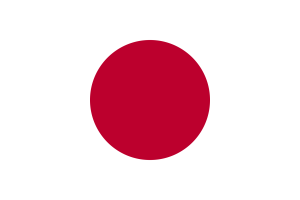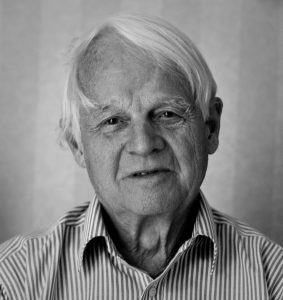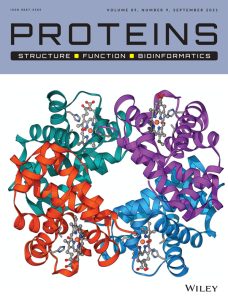An official journal of the Japanese government has retracted a 2021 paper over concerns about misconduct in the work, which was performed in a national research center.
Here’s the retraction notice for the paper, titled “Development and Evaluation of Fluorescence Immunochomatography for Rapid and Sensitive Detection of Thermophilic Campylobacter”:
Food Safety decided to retract this article in which the primary author misconducted as reported from the primary author’s affiliation.
Far more details are available in materials published last December by Japan’s National Institute of Health Sciences, where the first author of the article, Hiroshi Asakura, is chief researcher. According to a press release dated Dec. 26, 2023:
Continue reading Chief researcher at national Japanese institute has paper retracted for faking data








